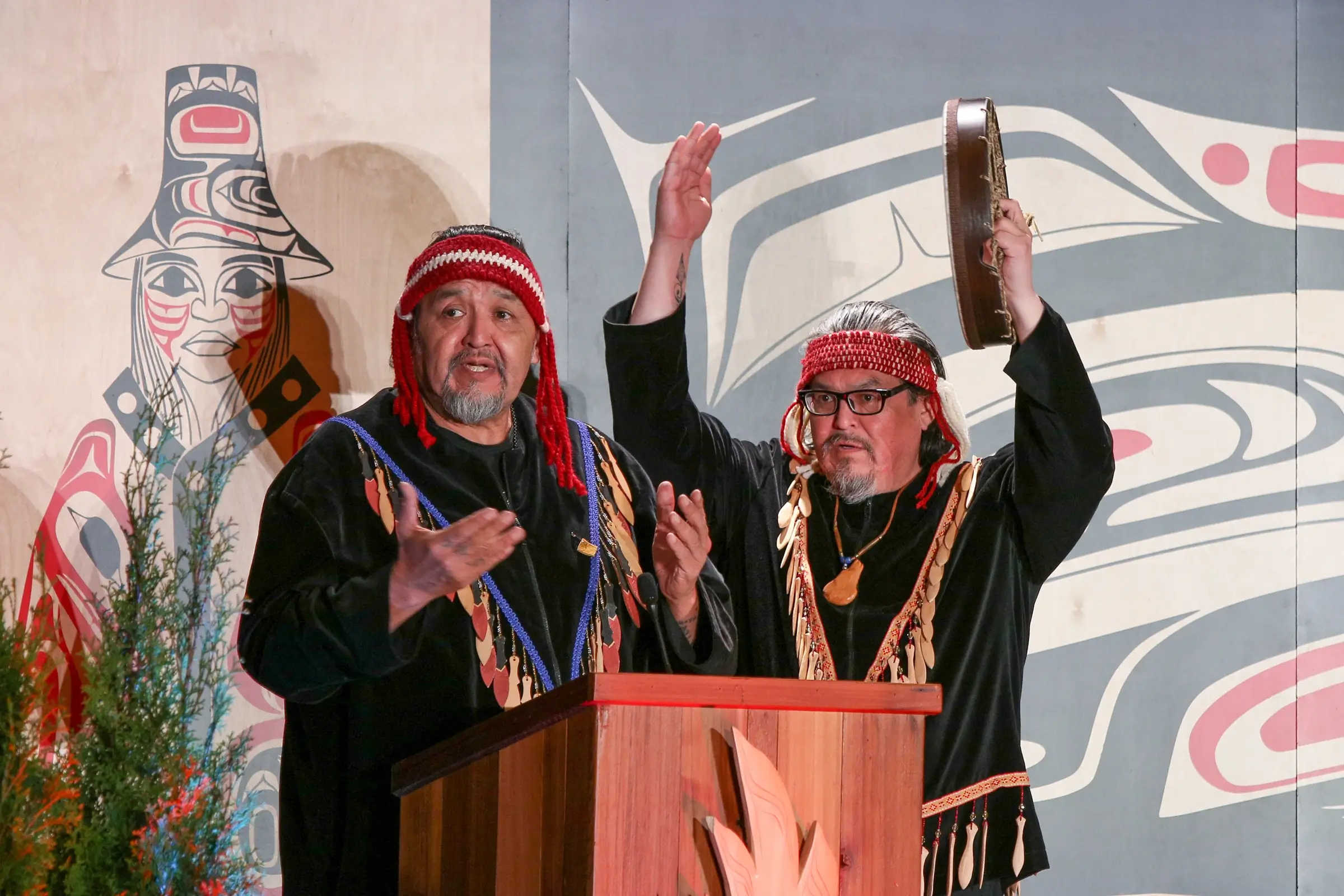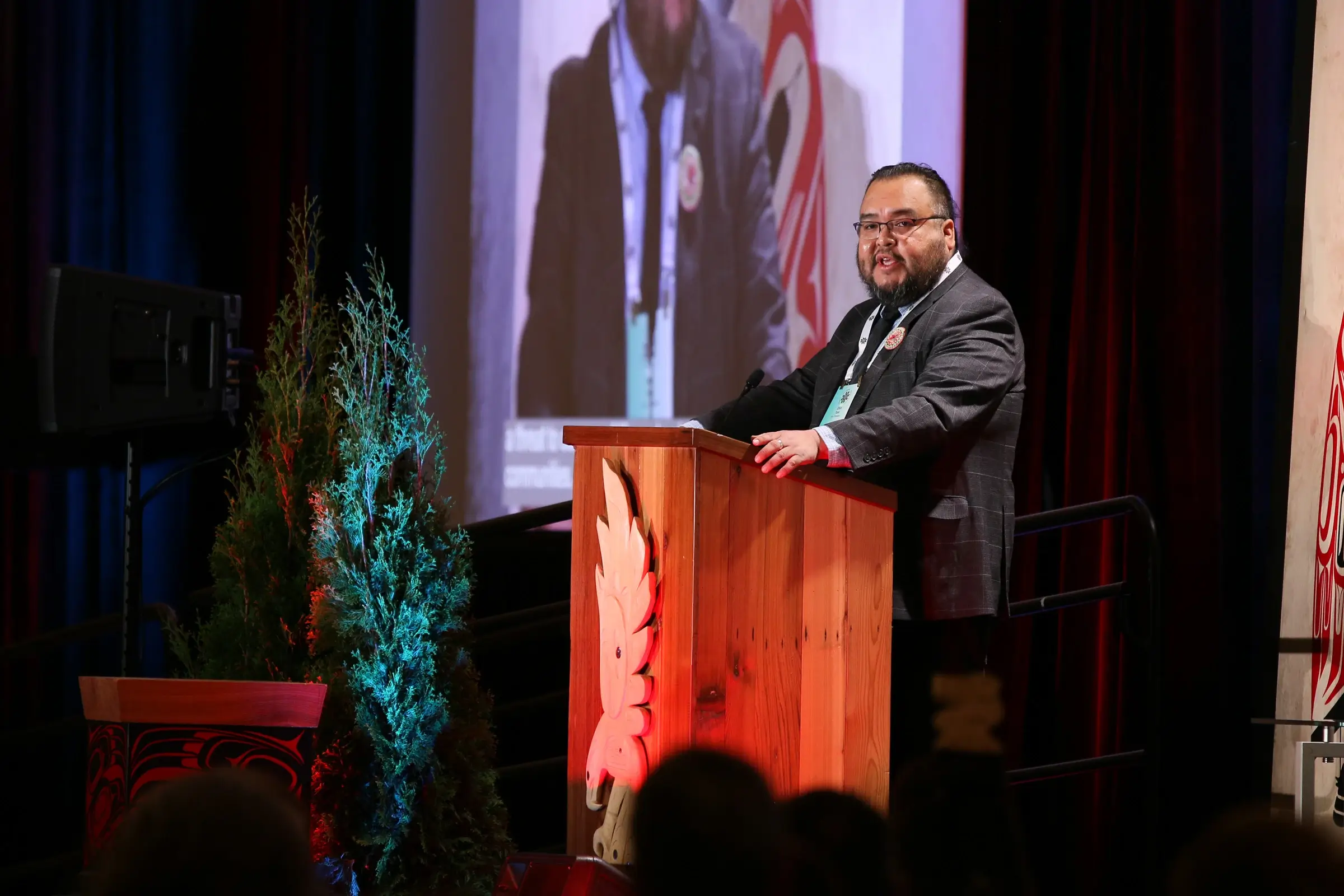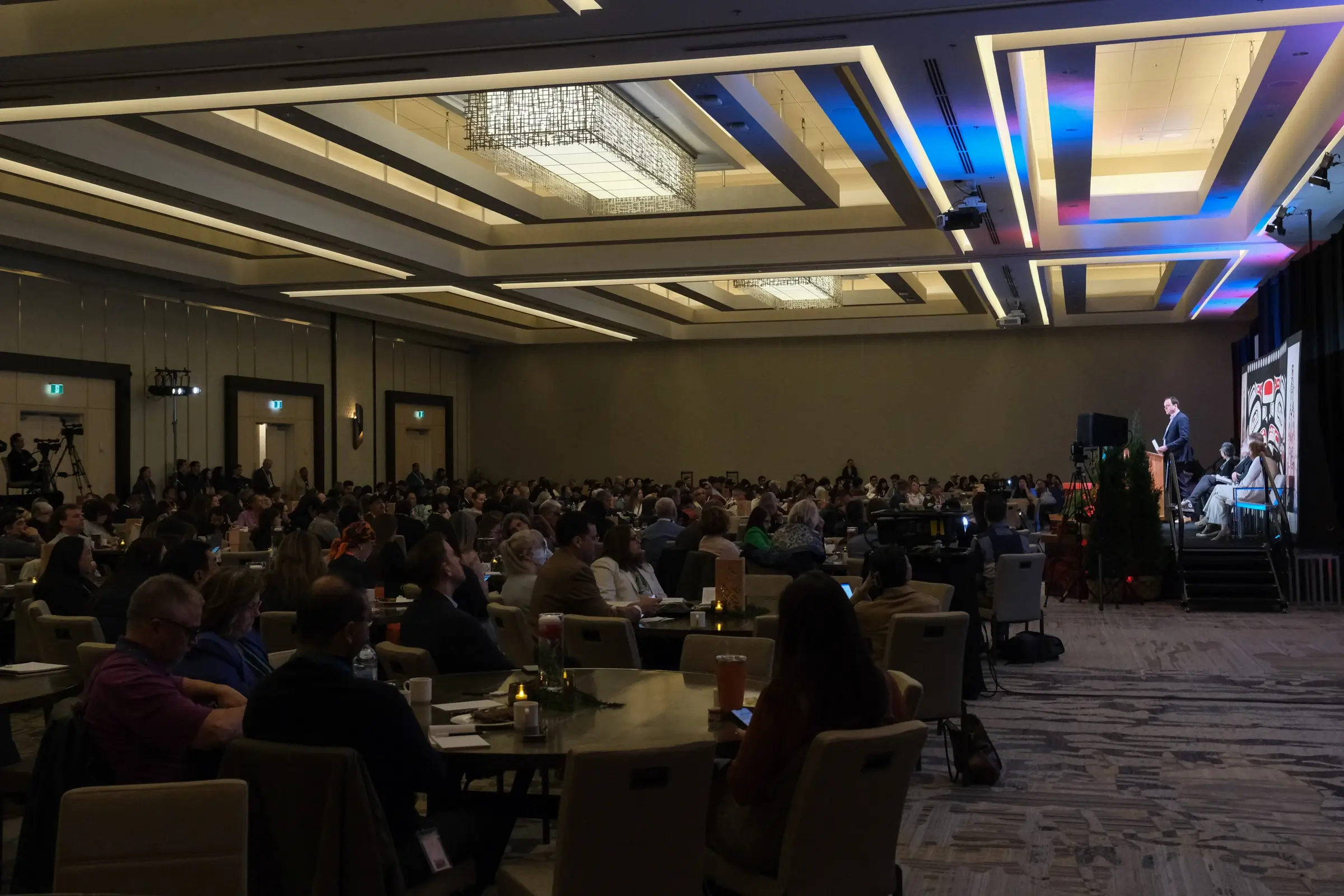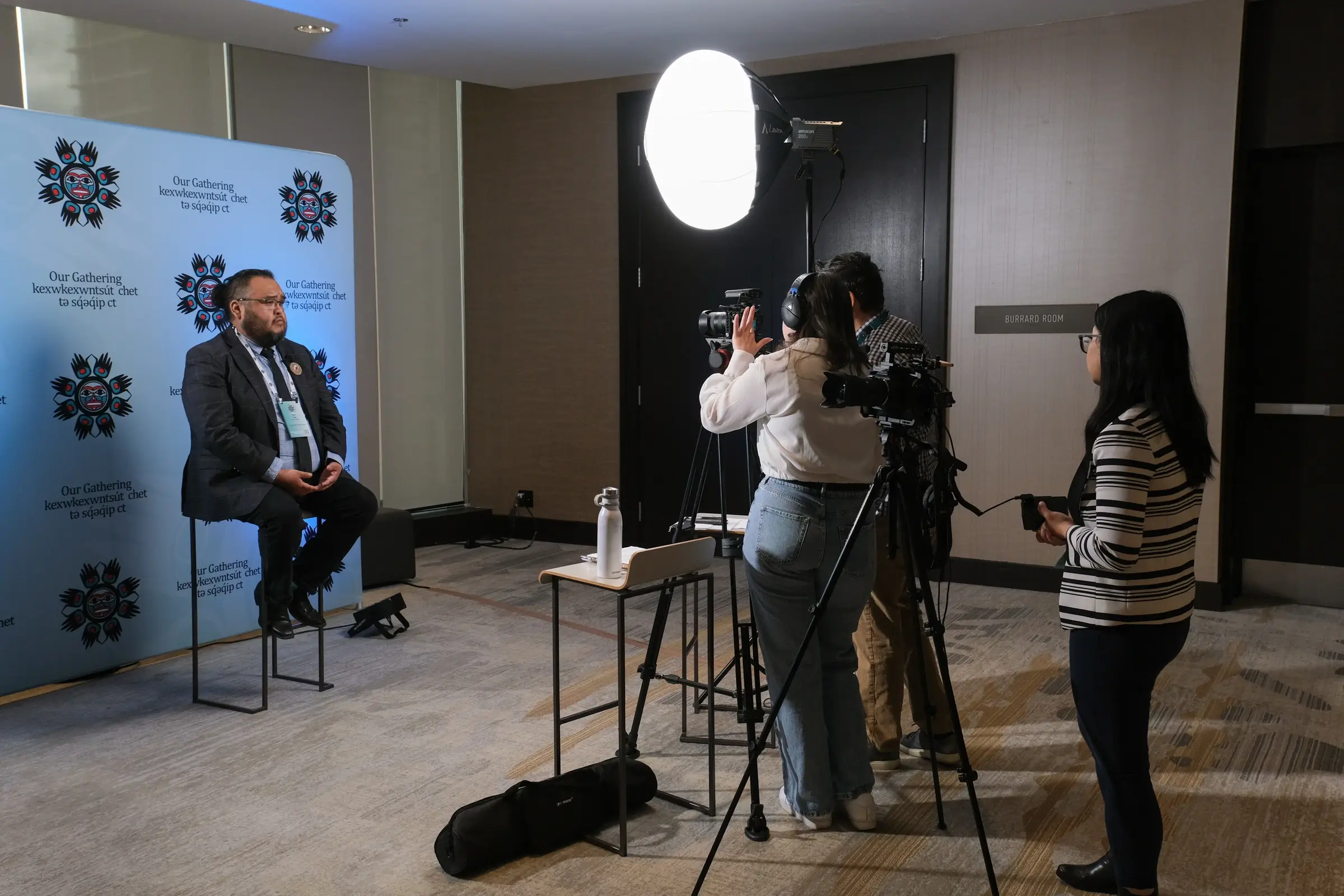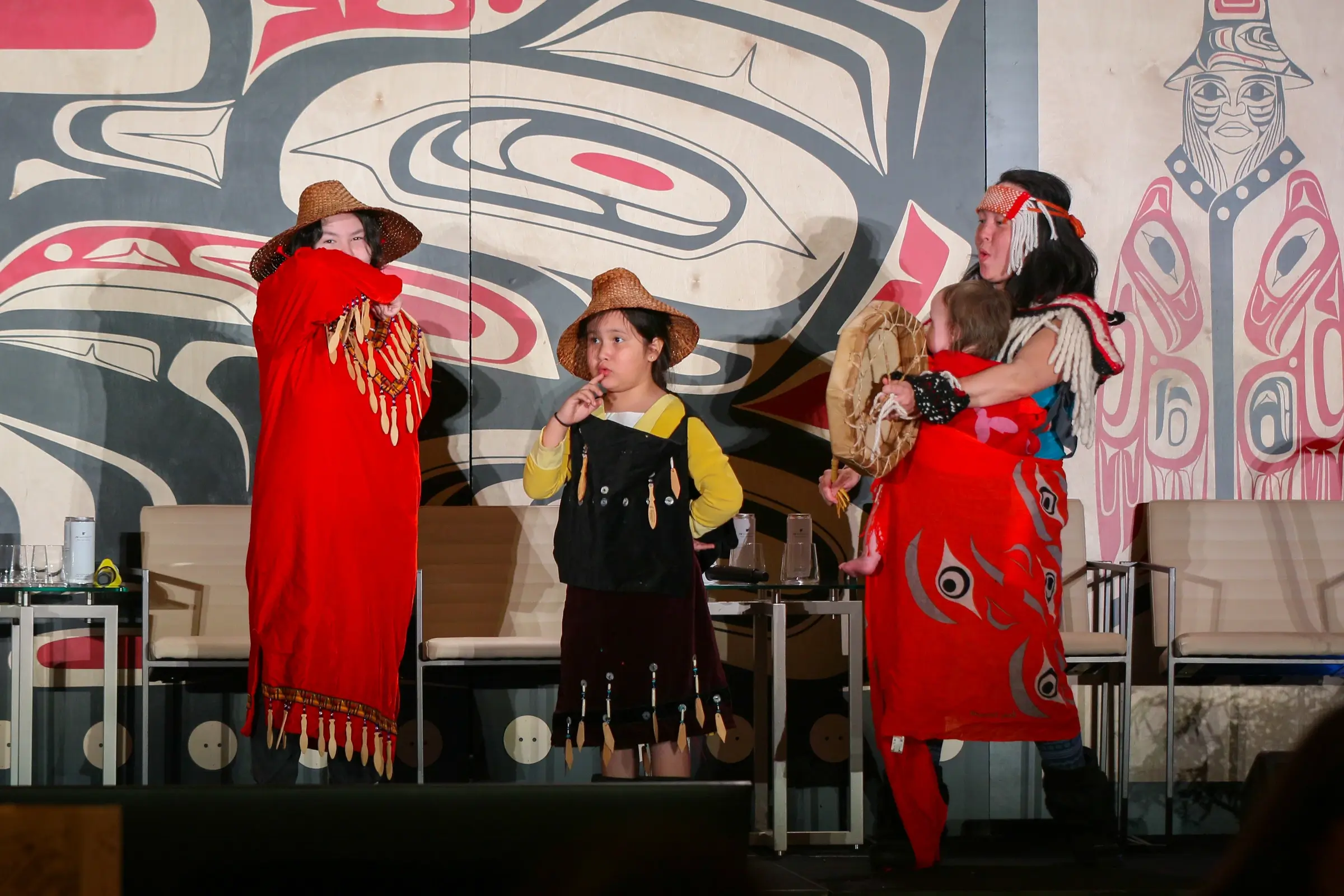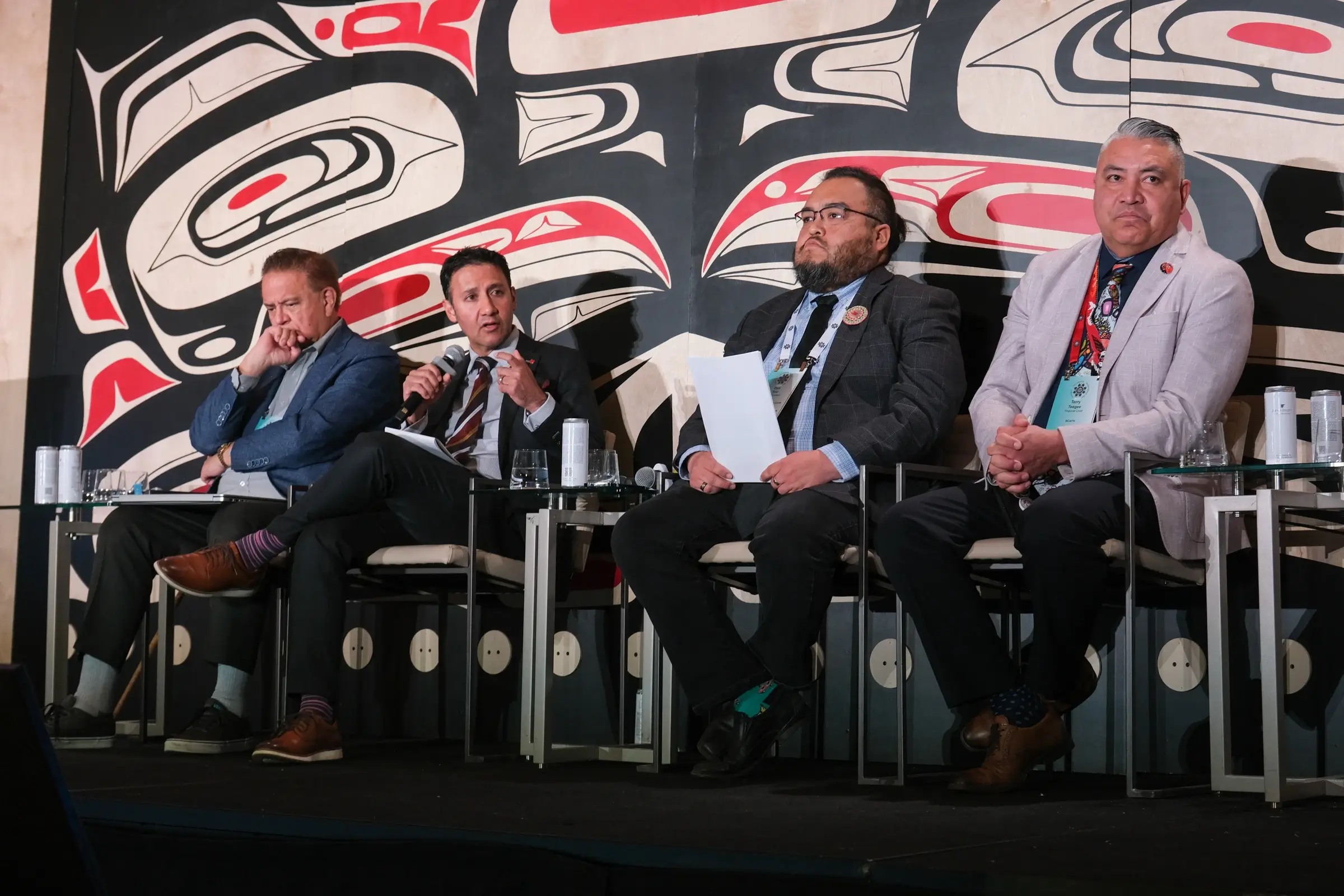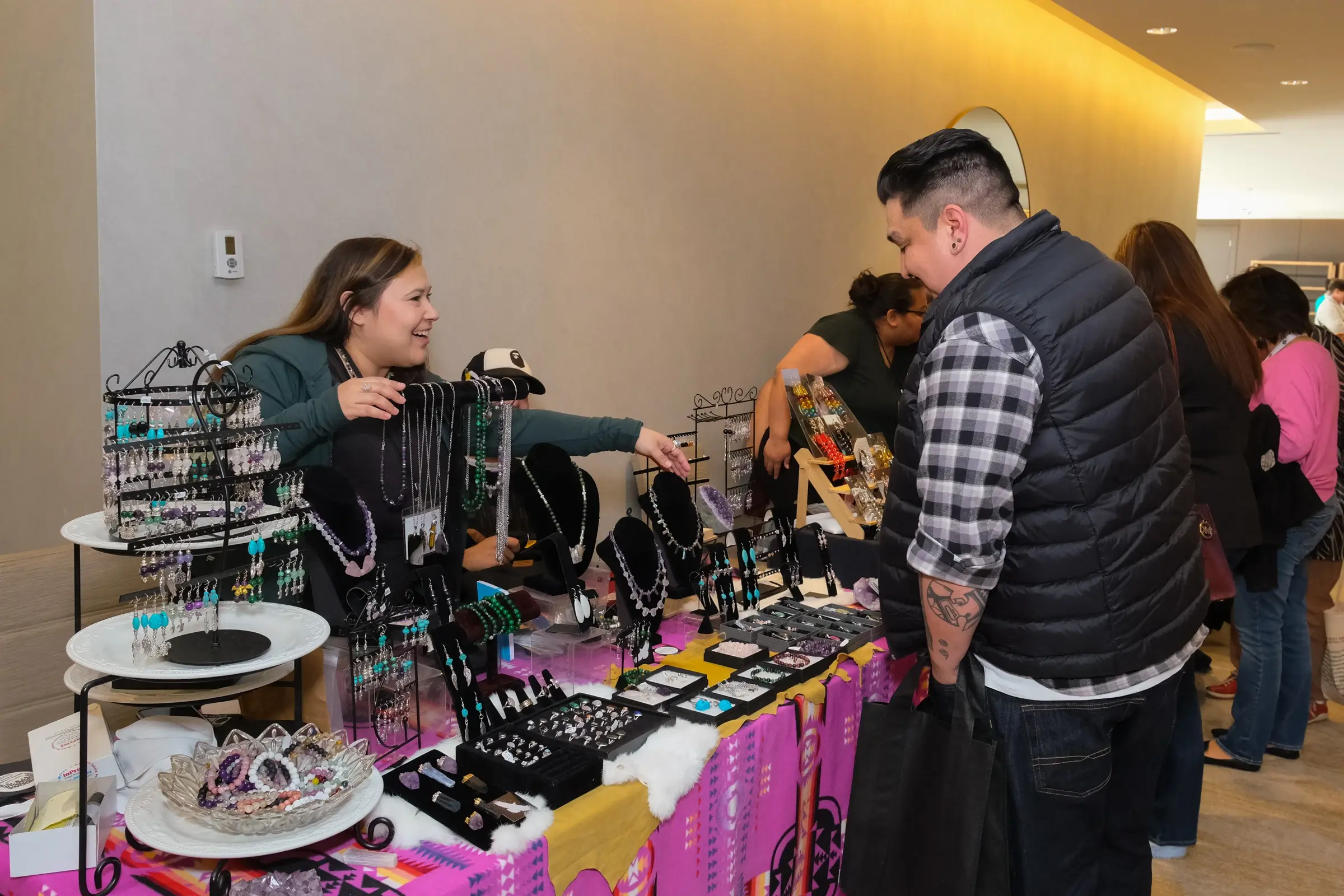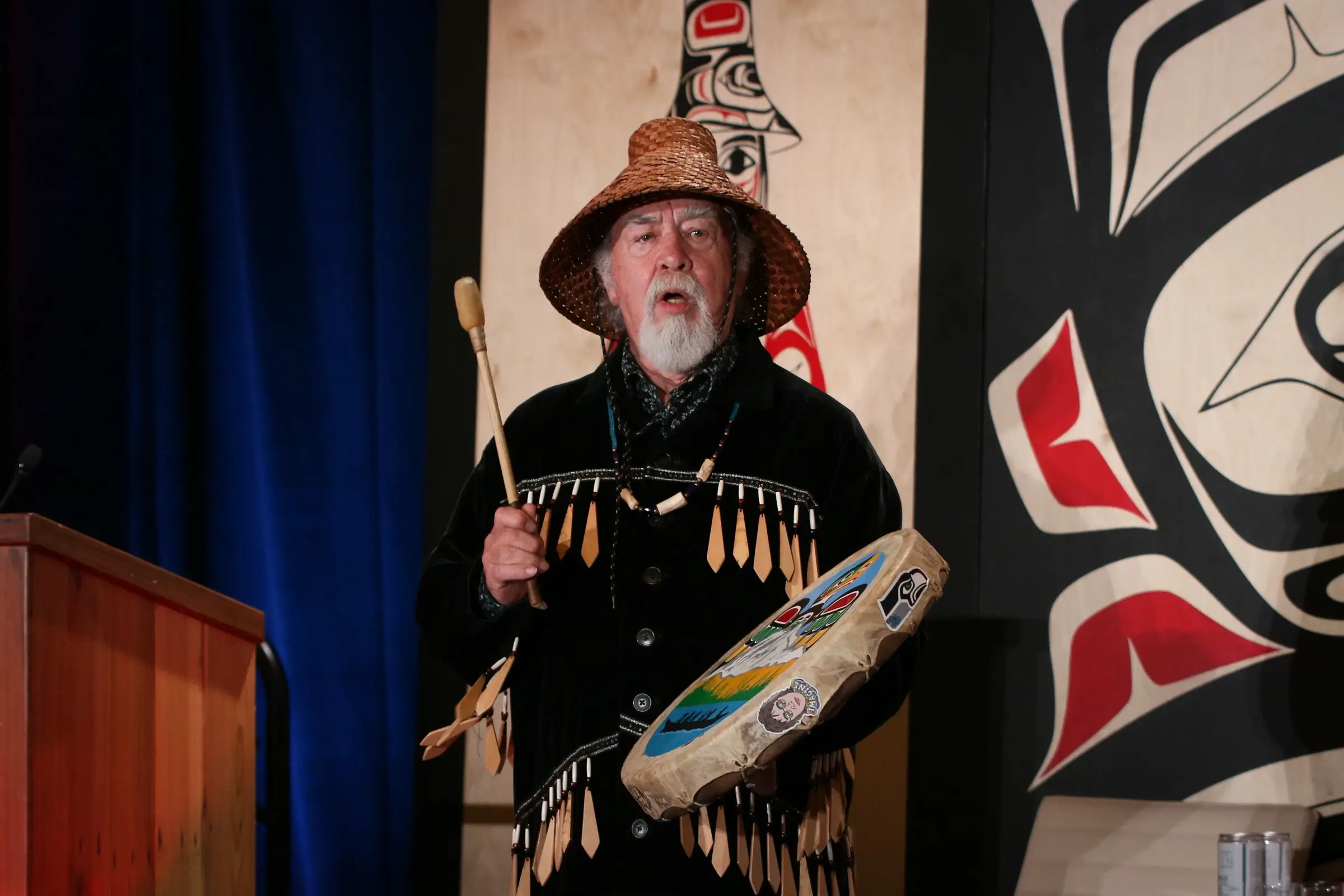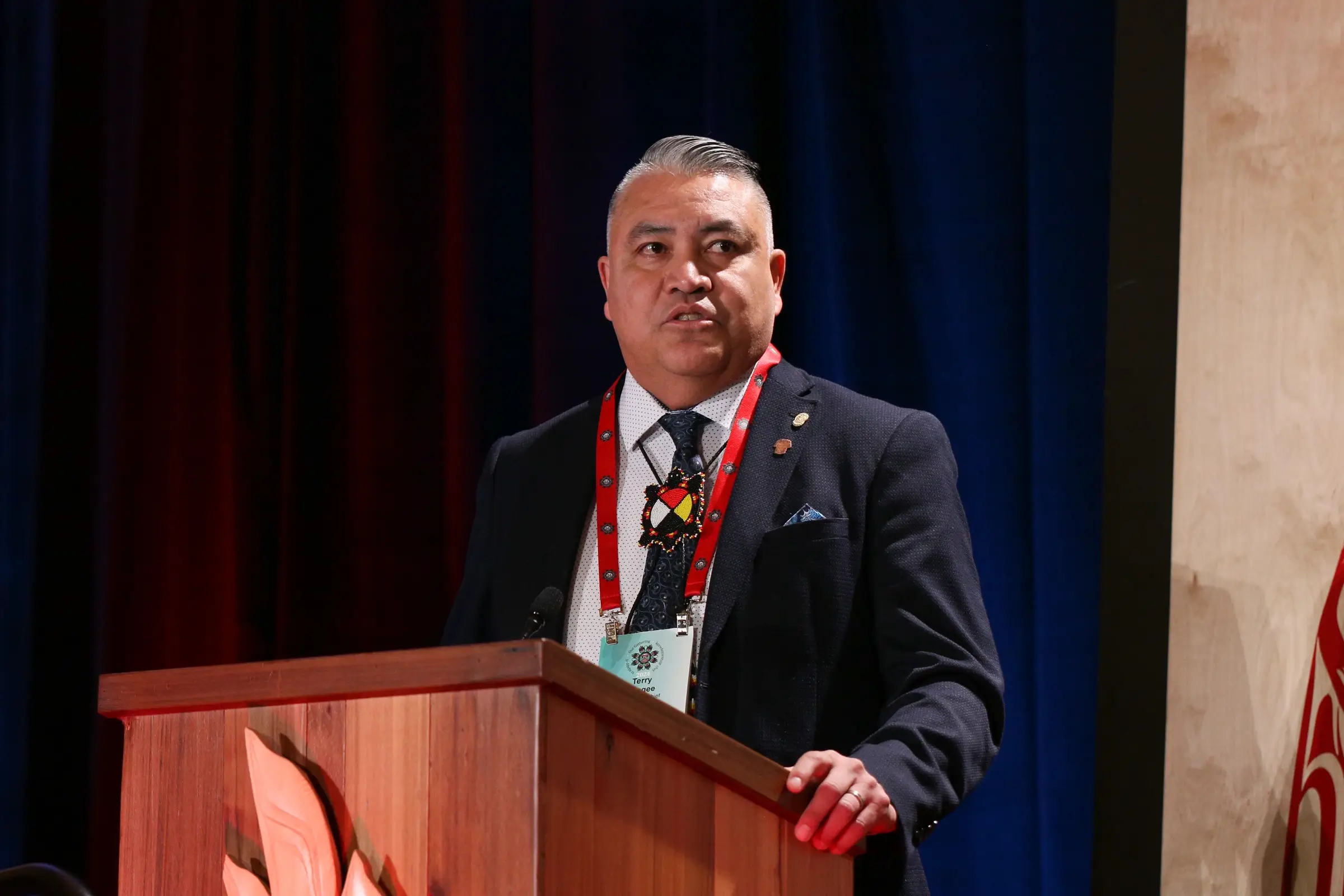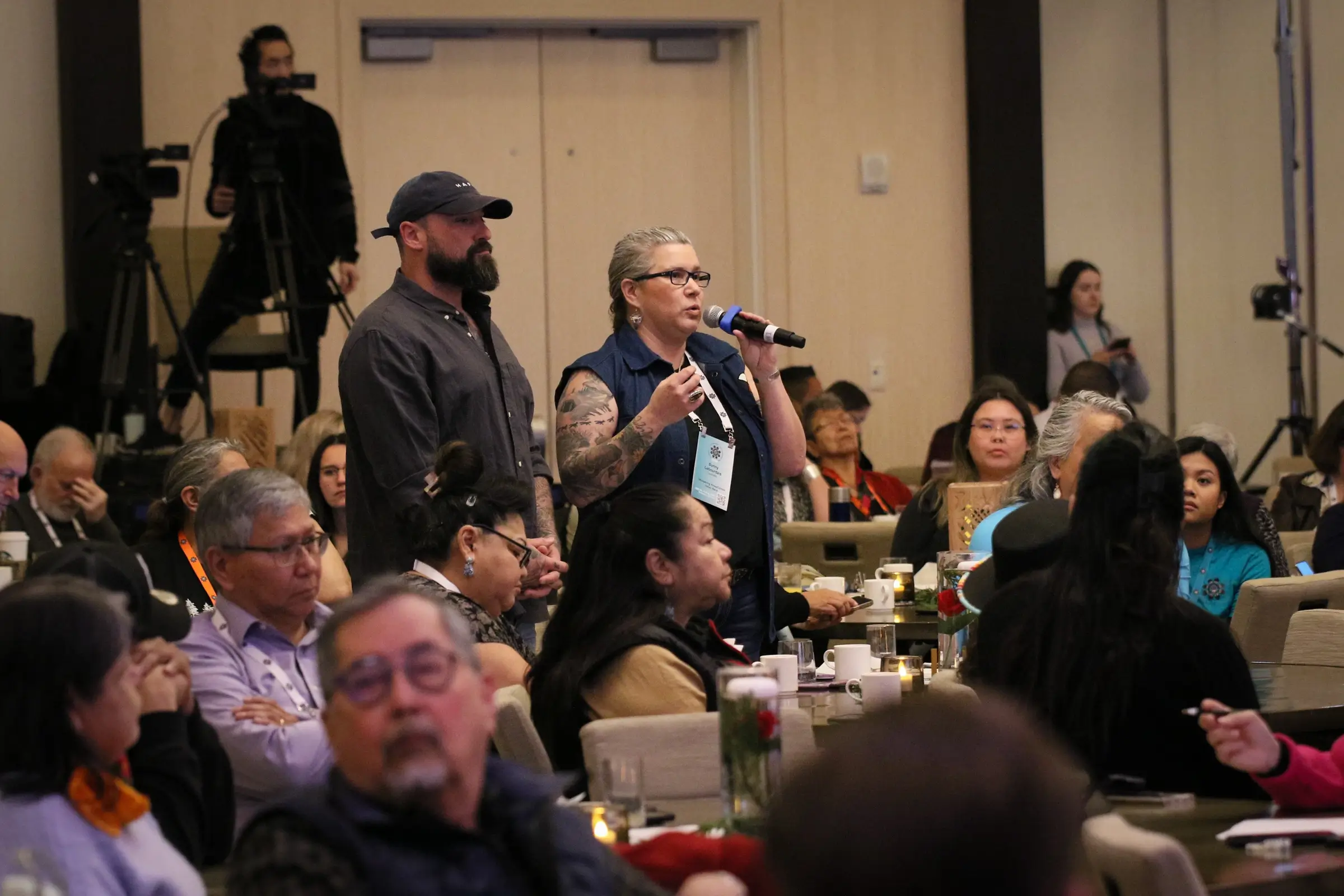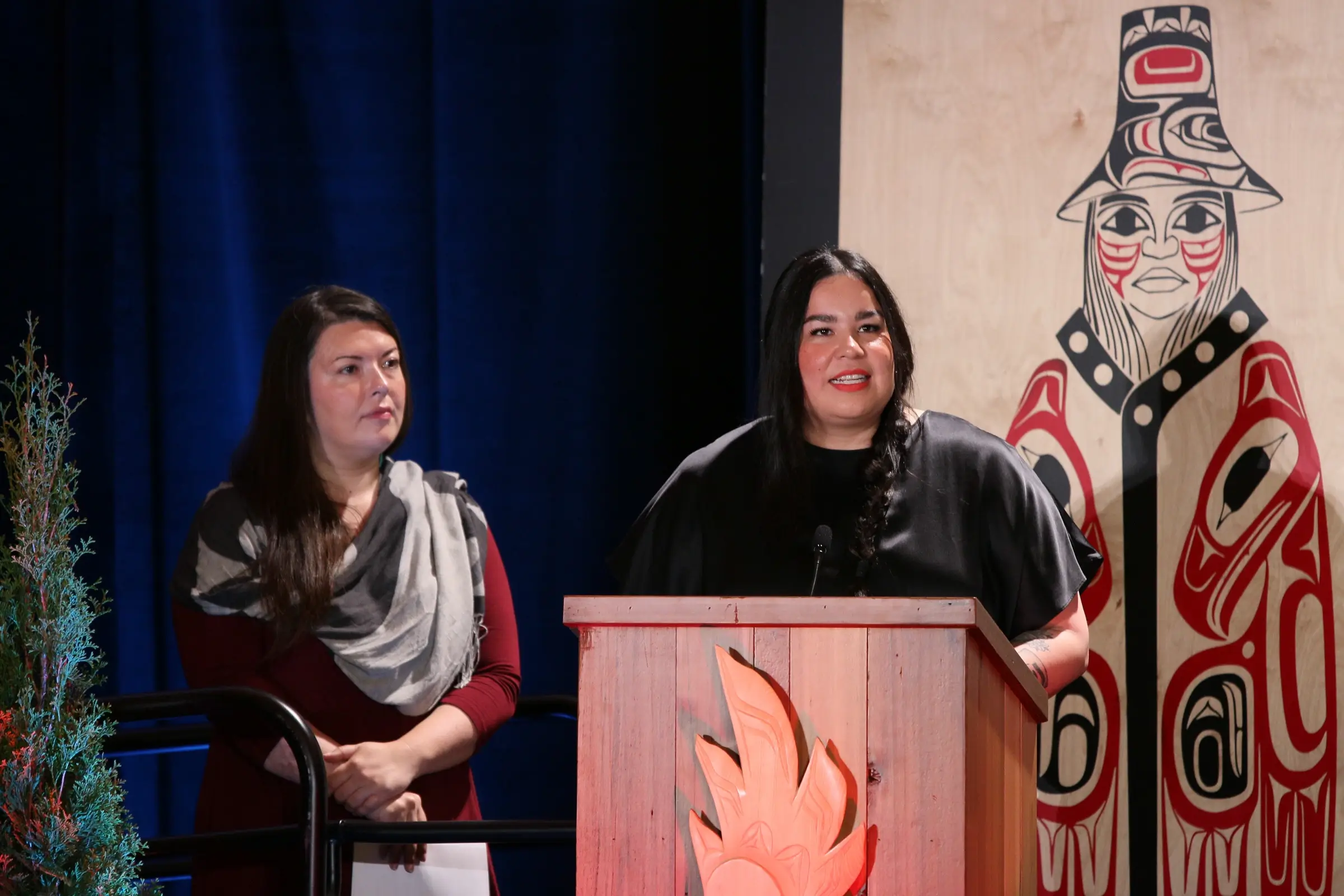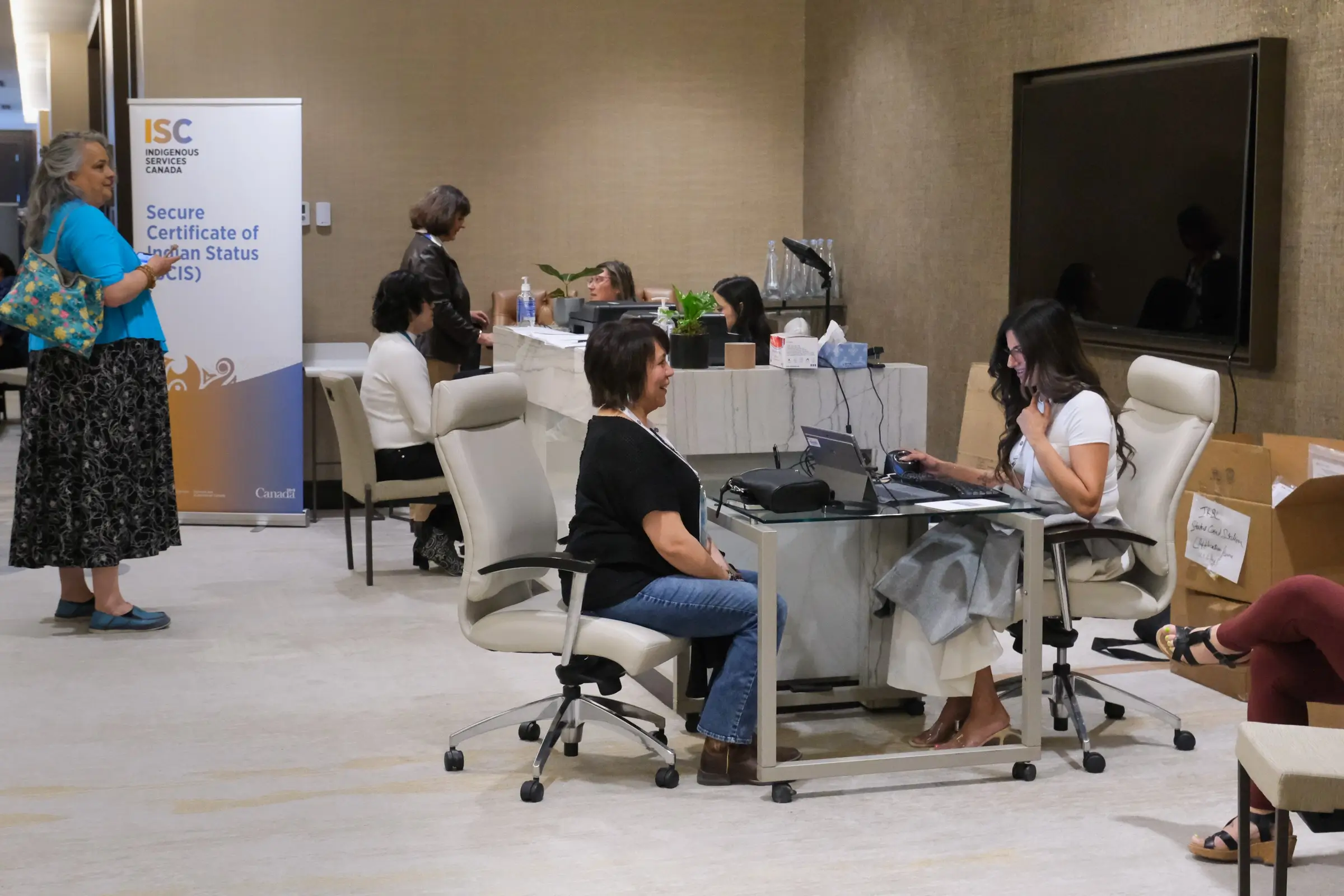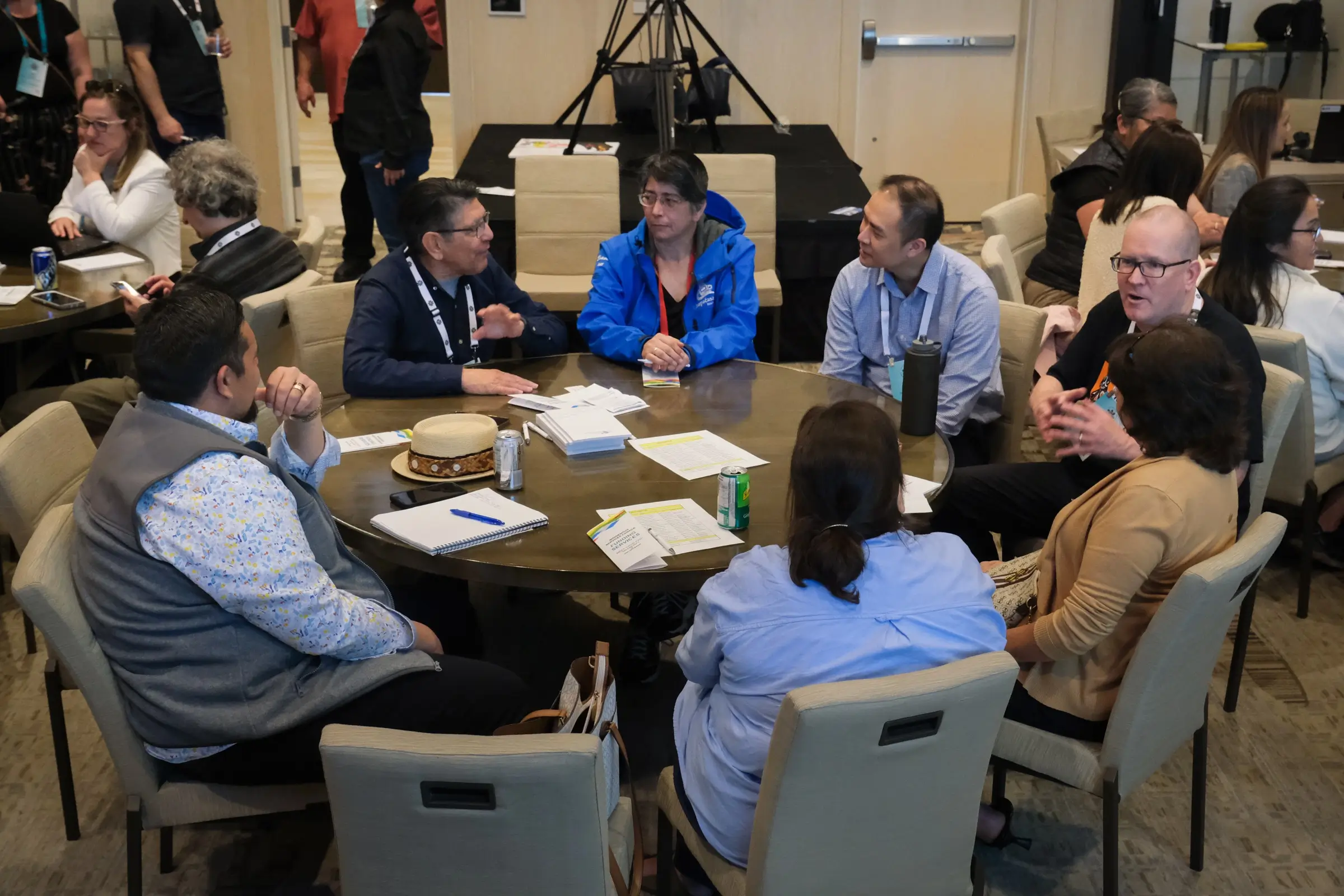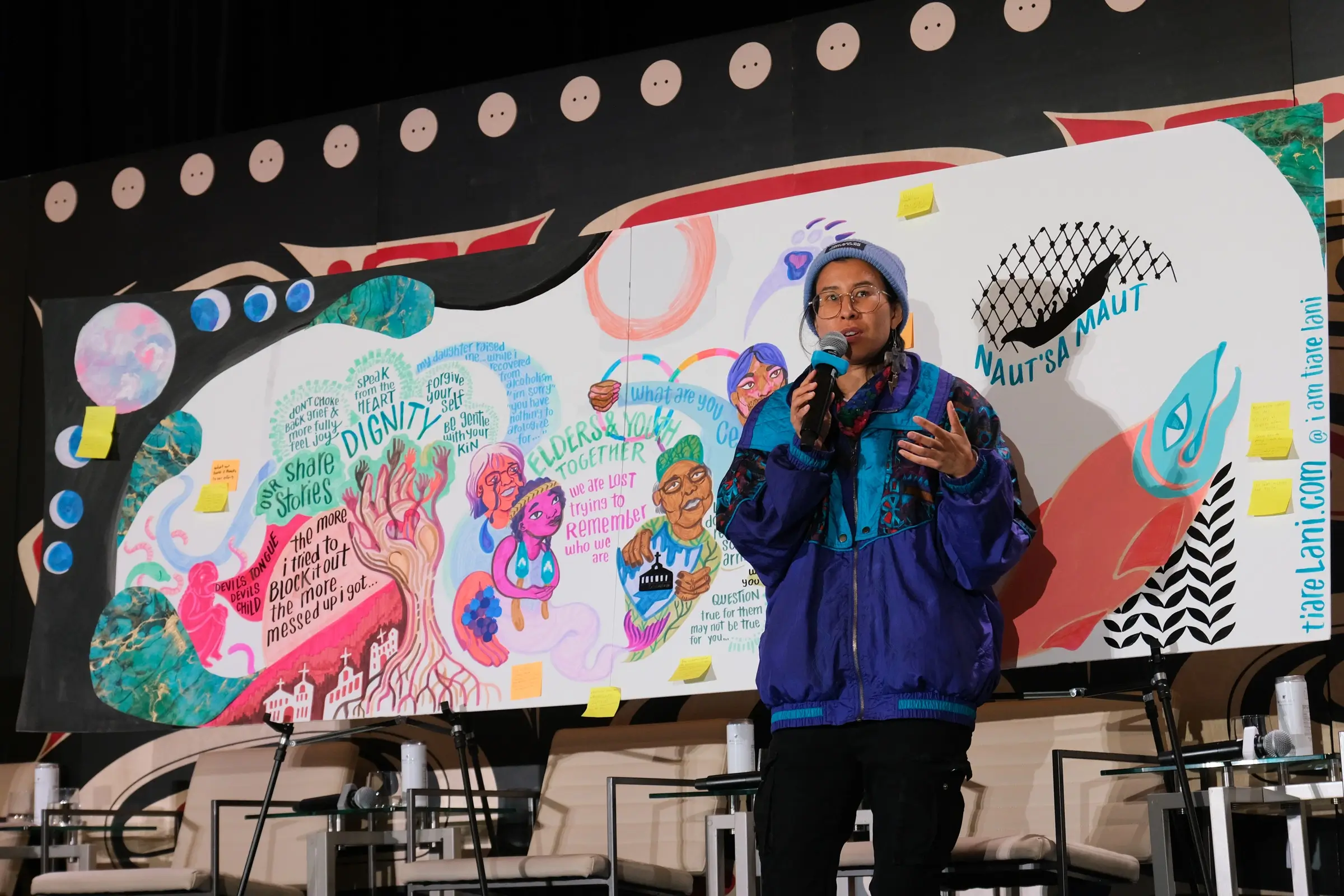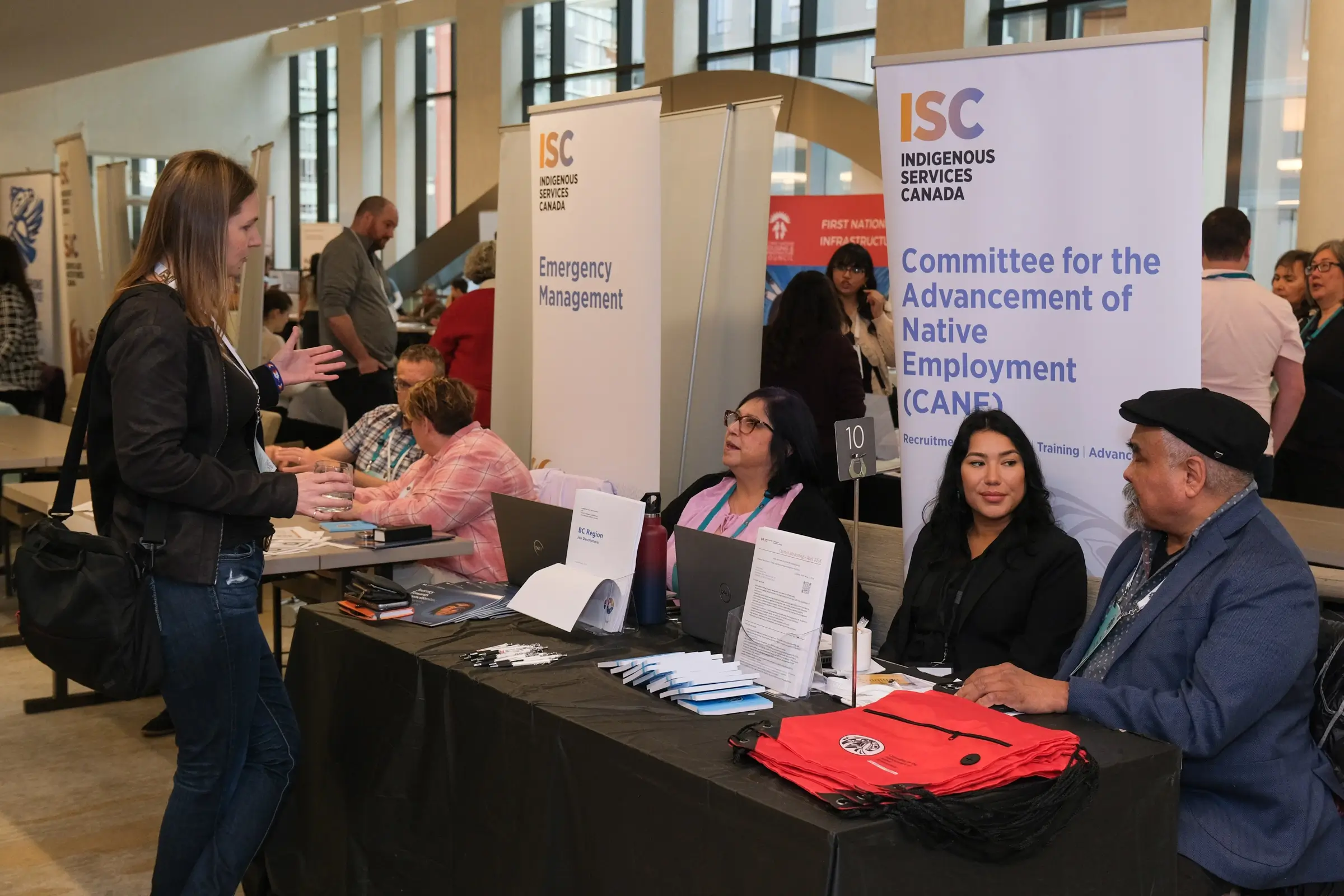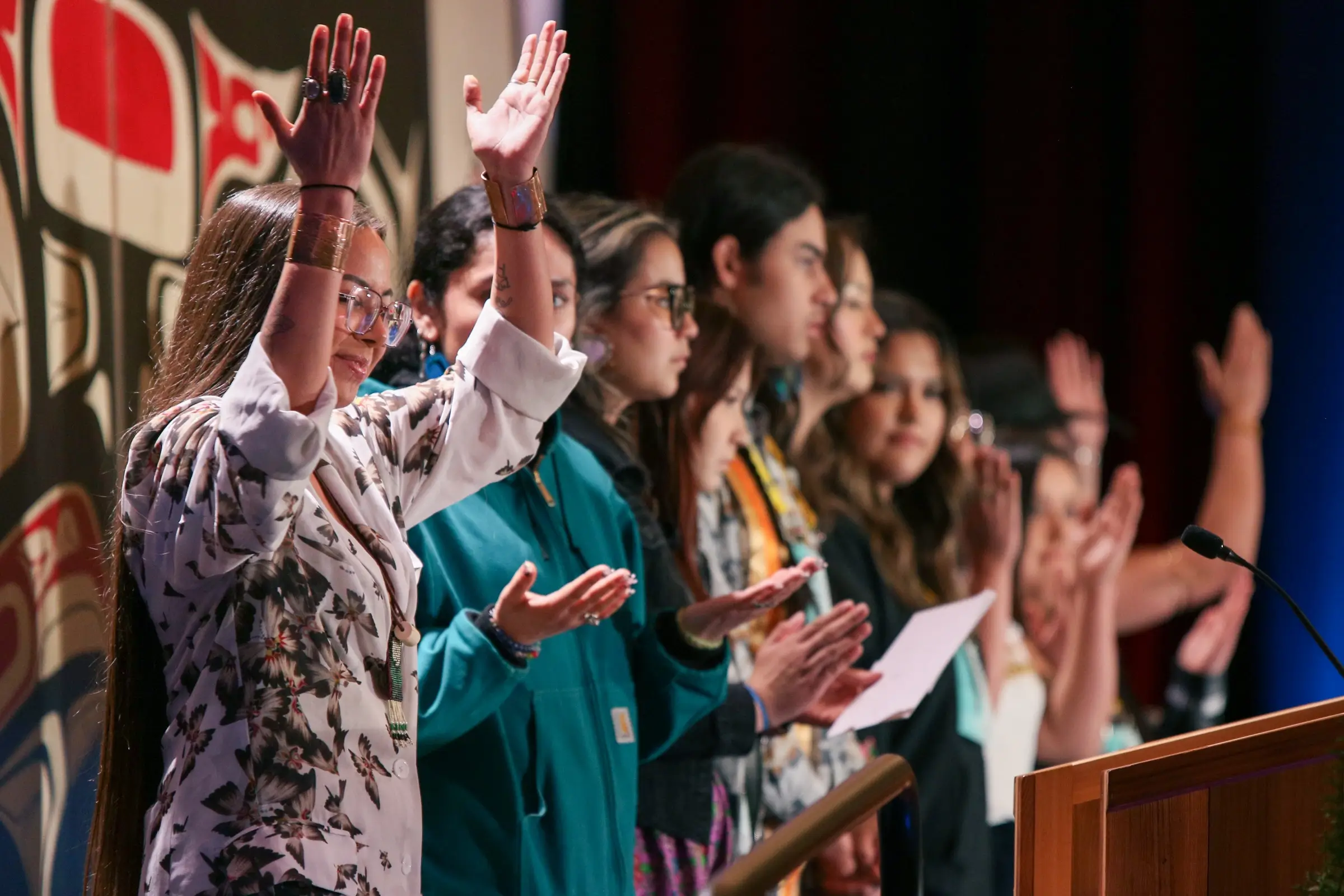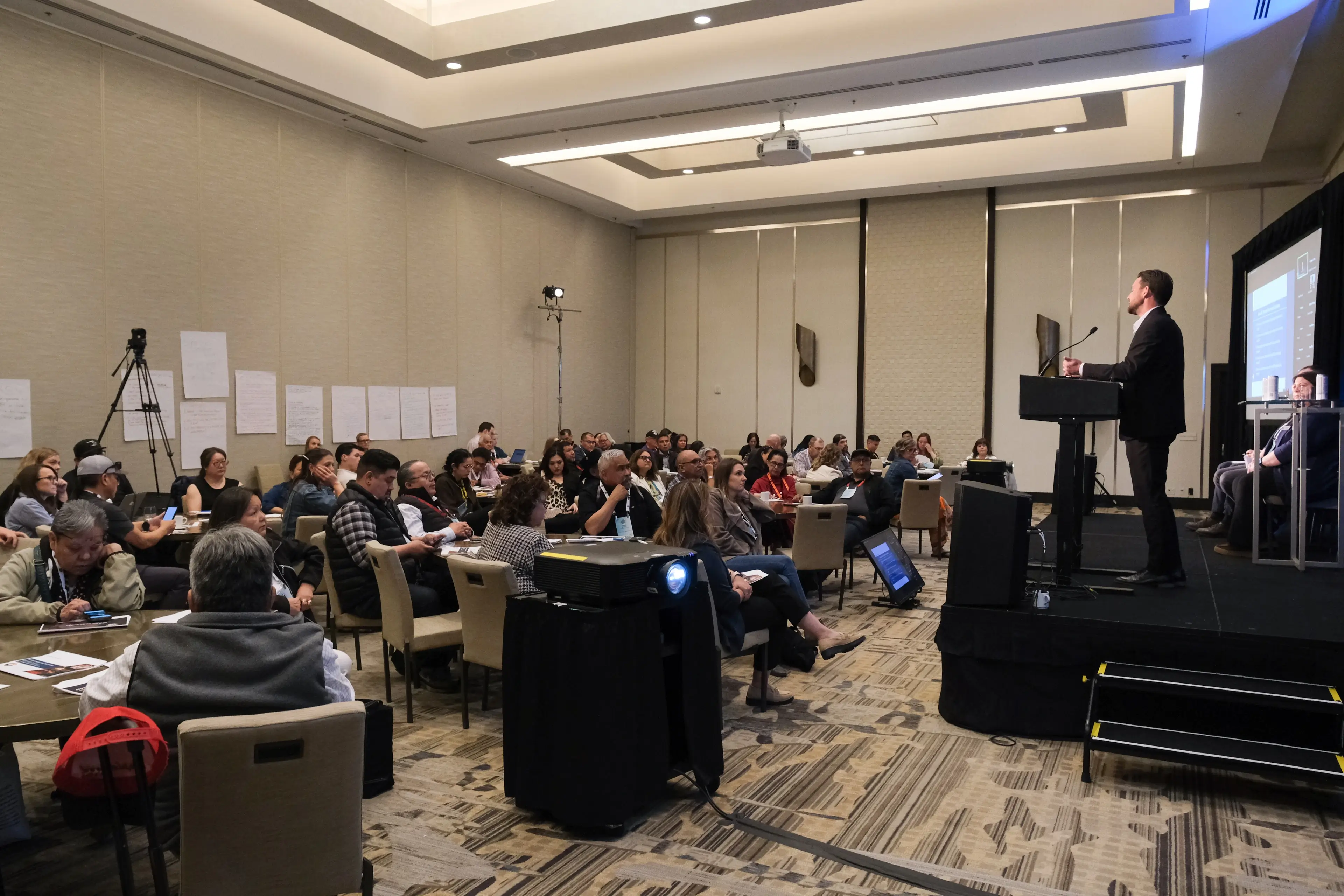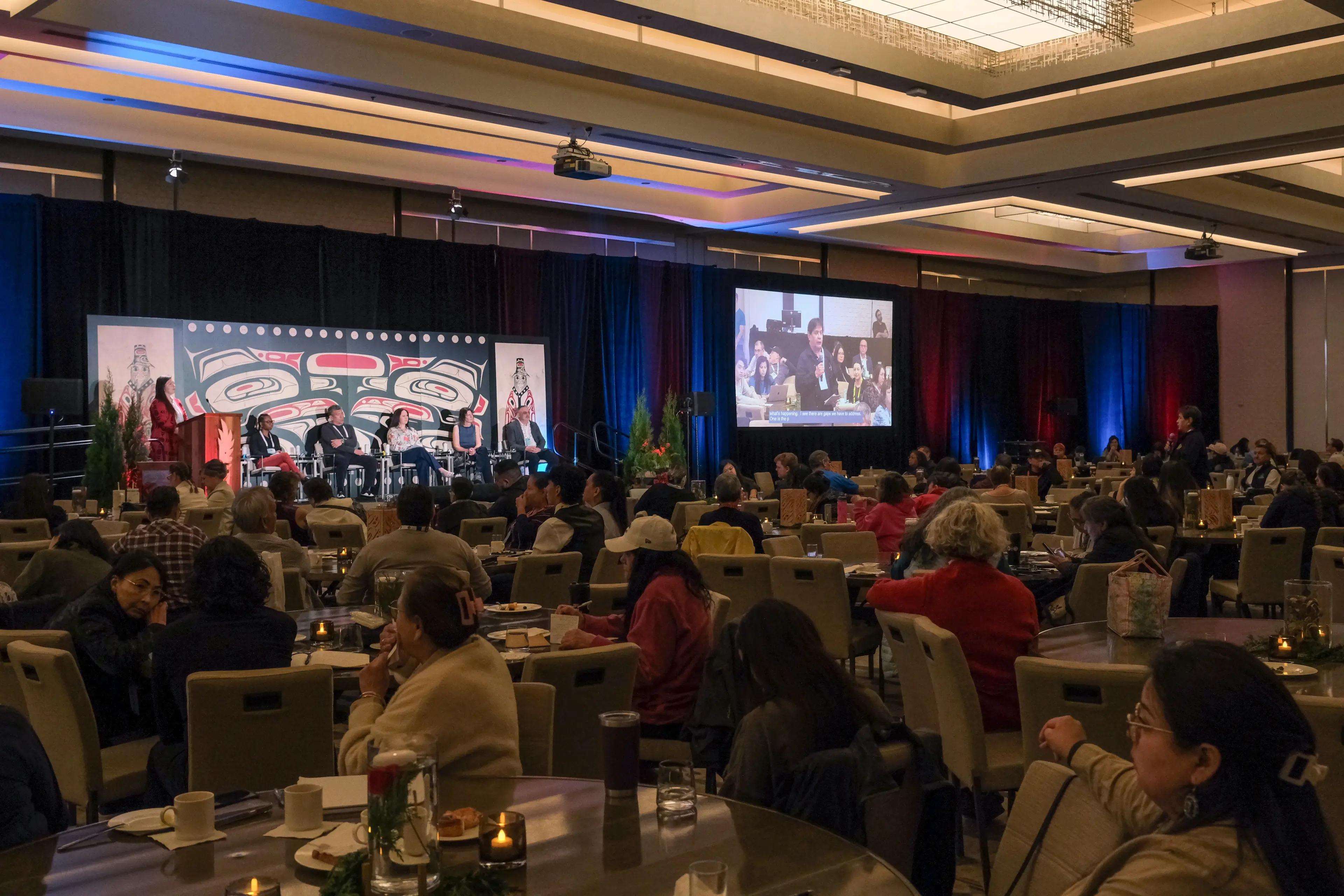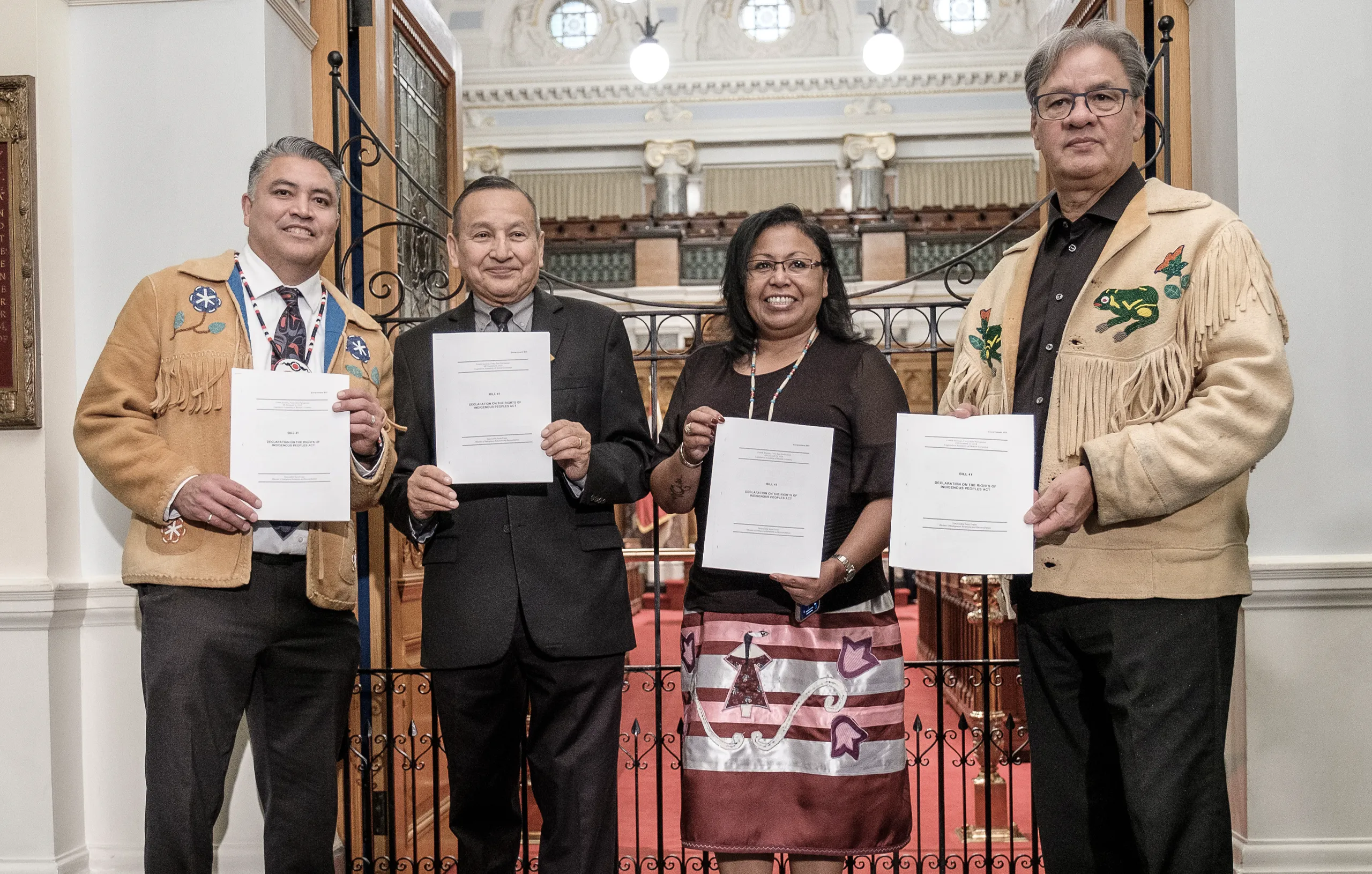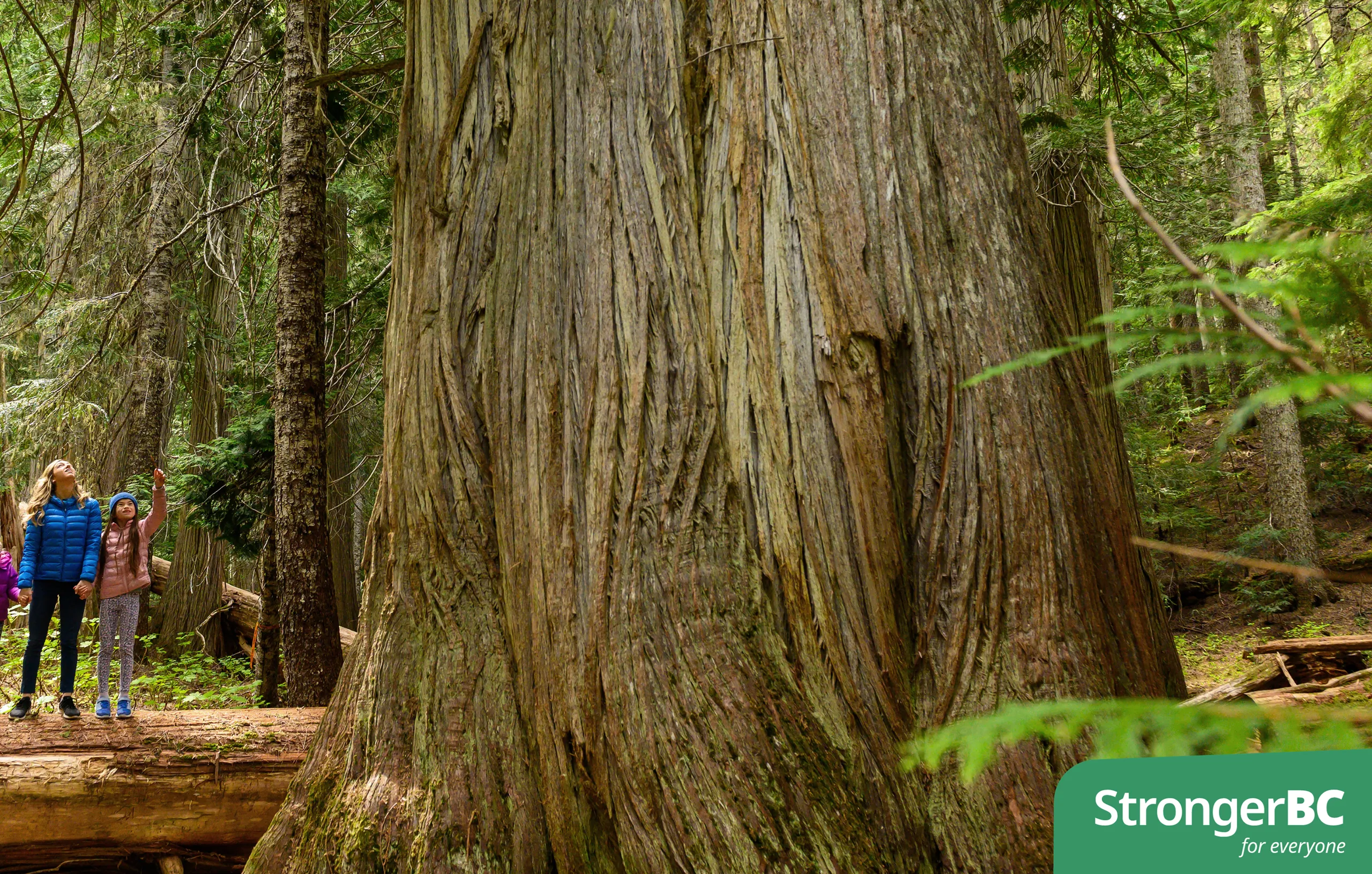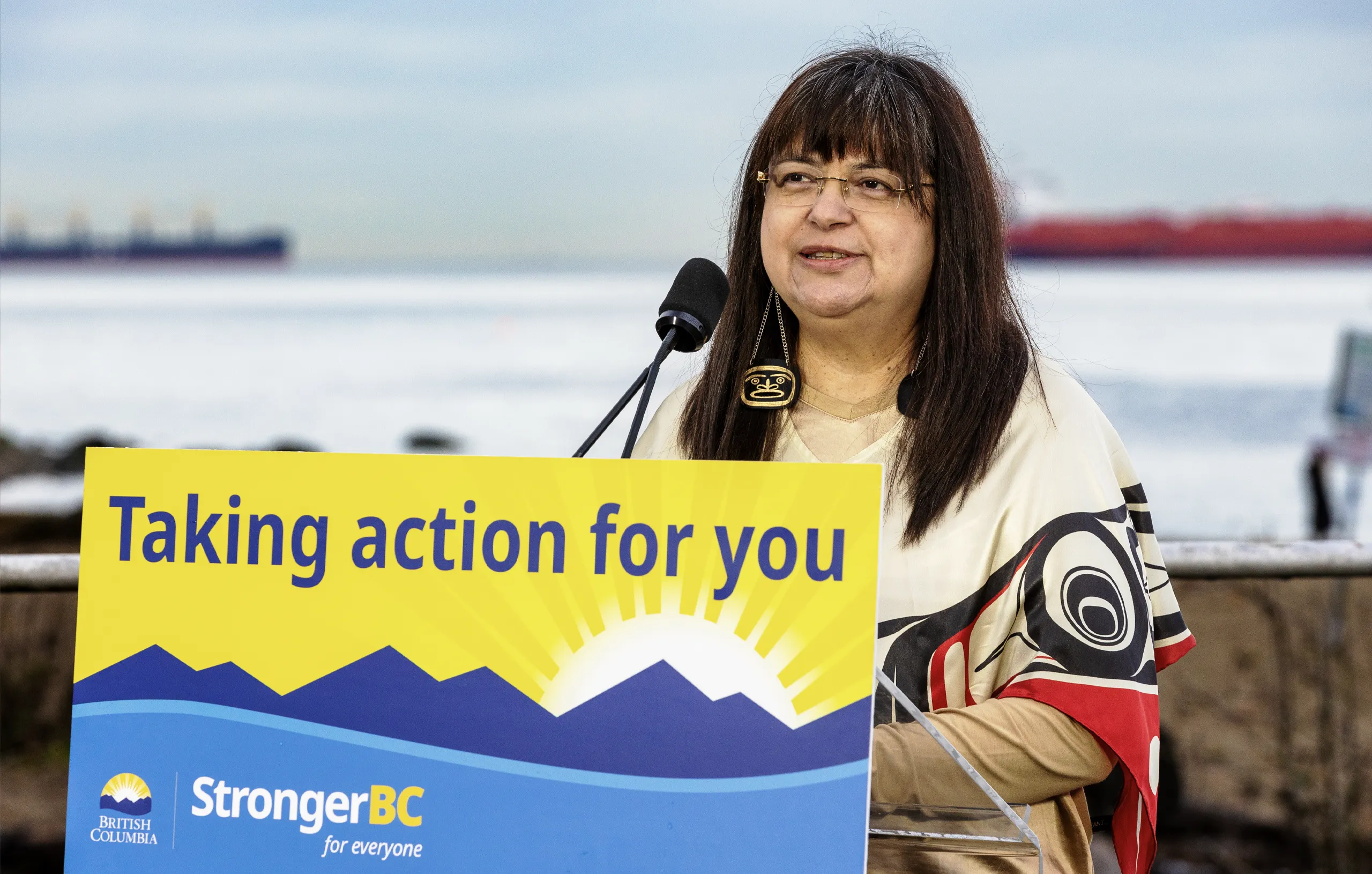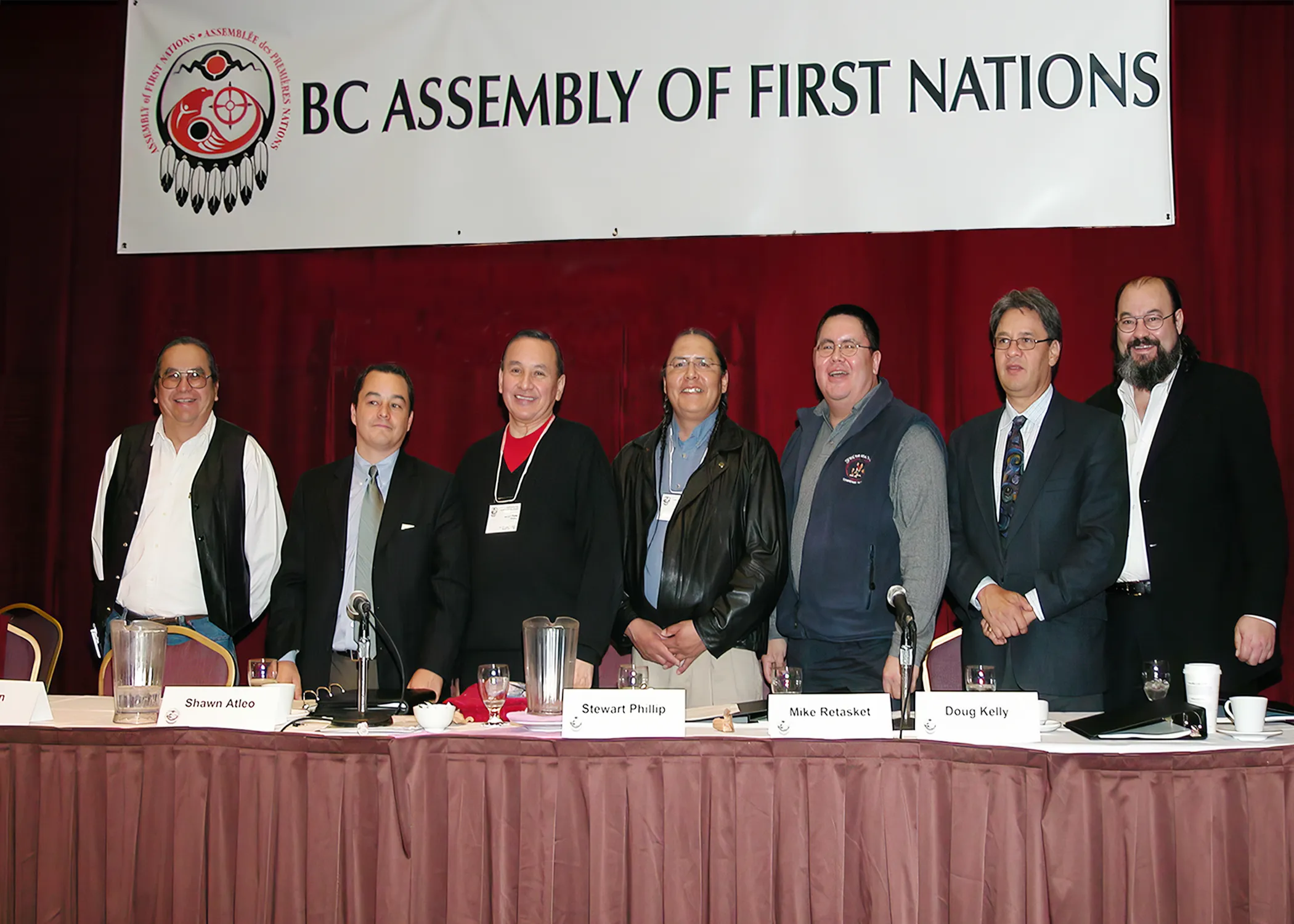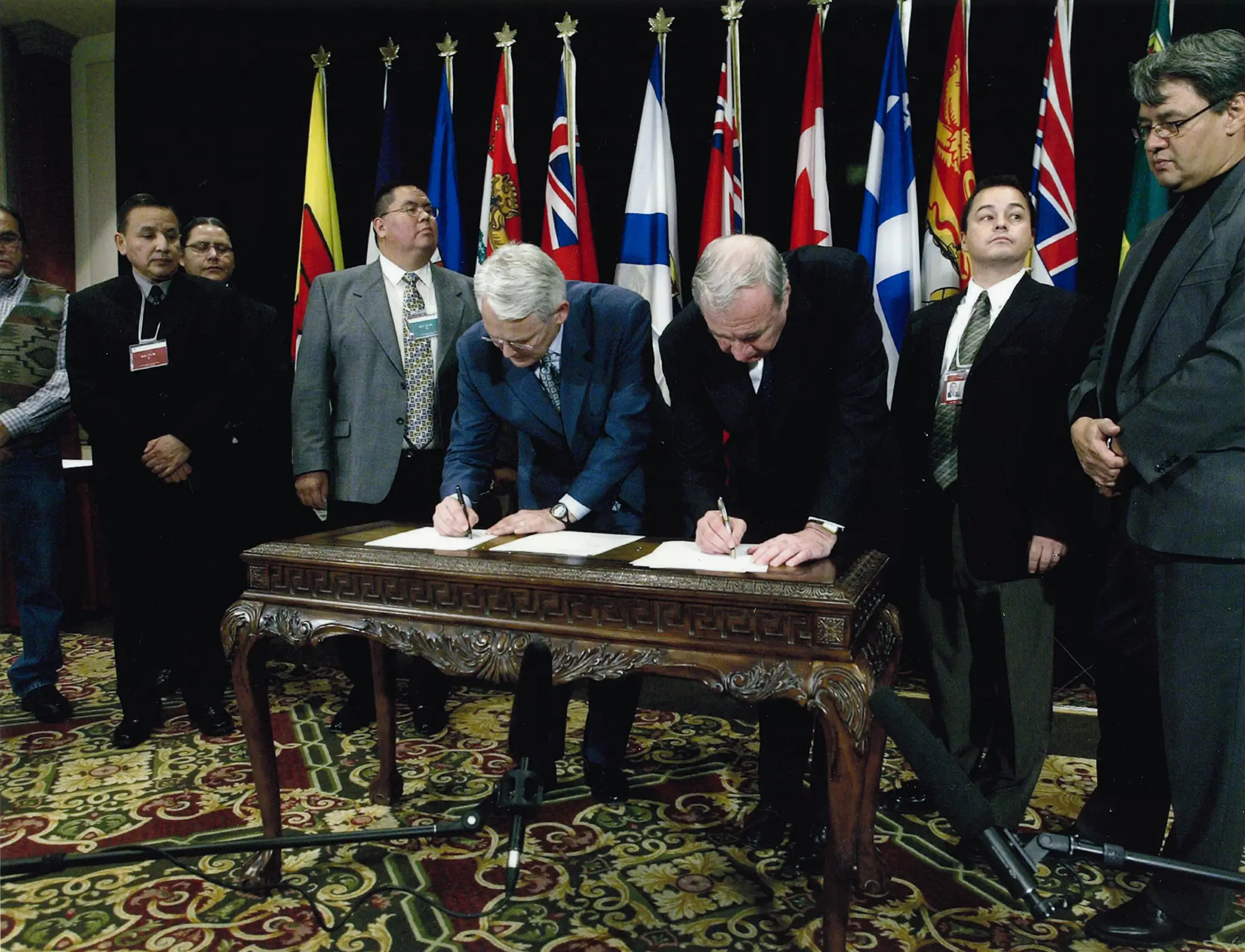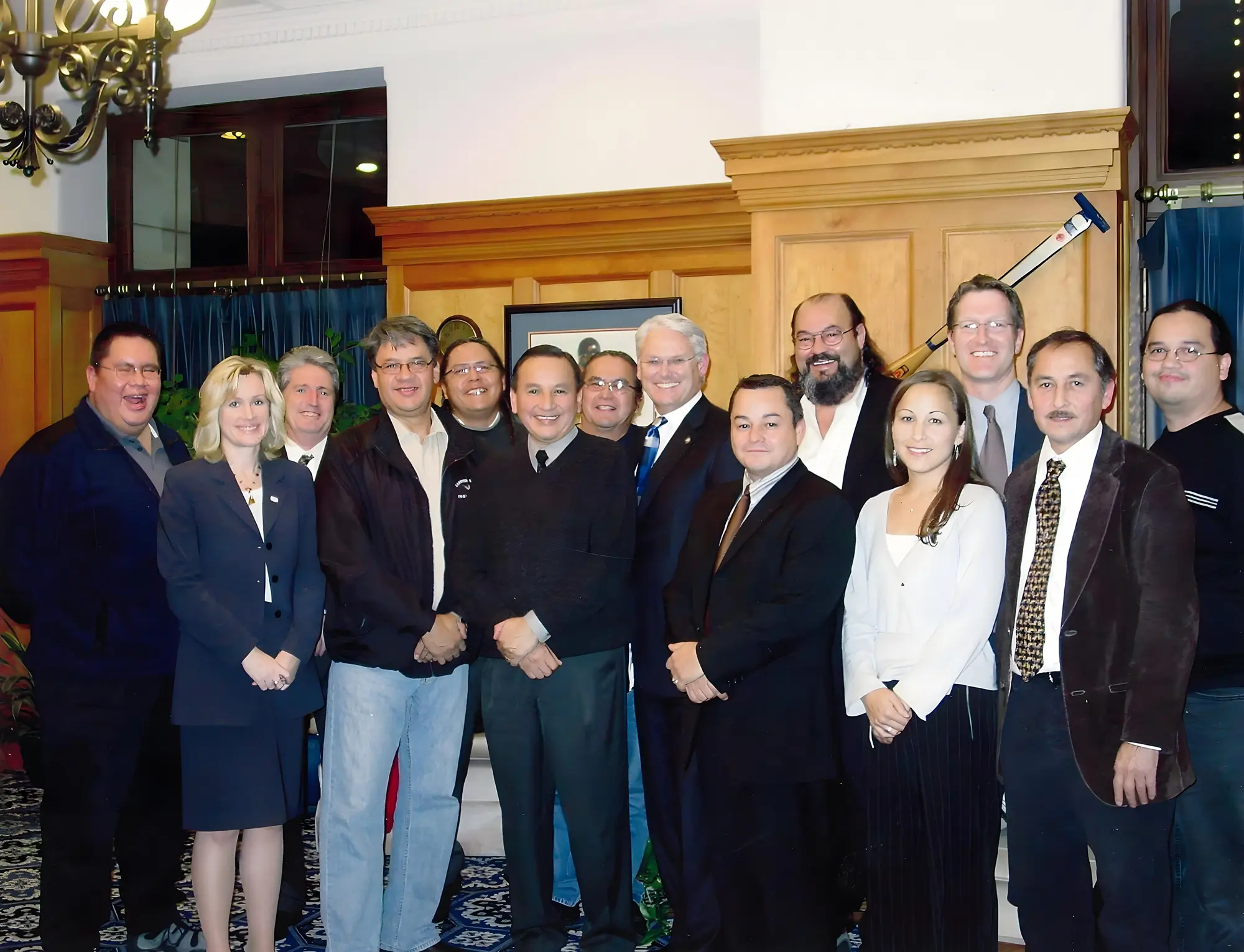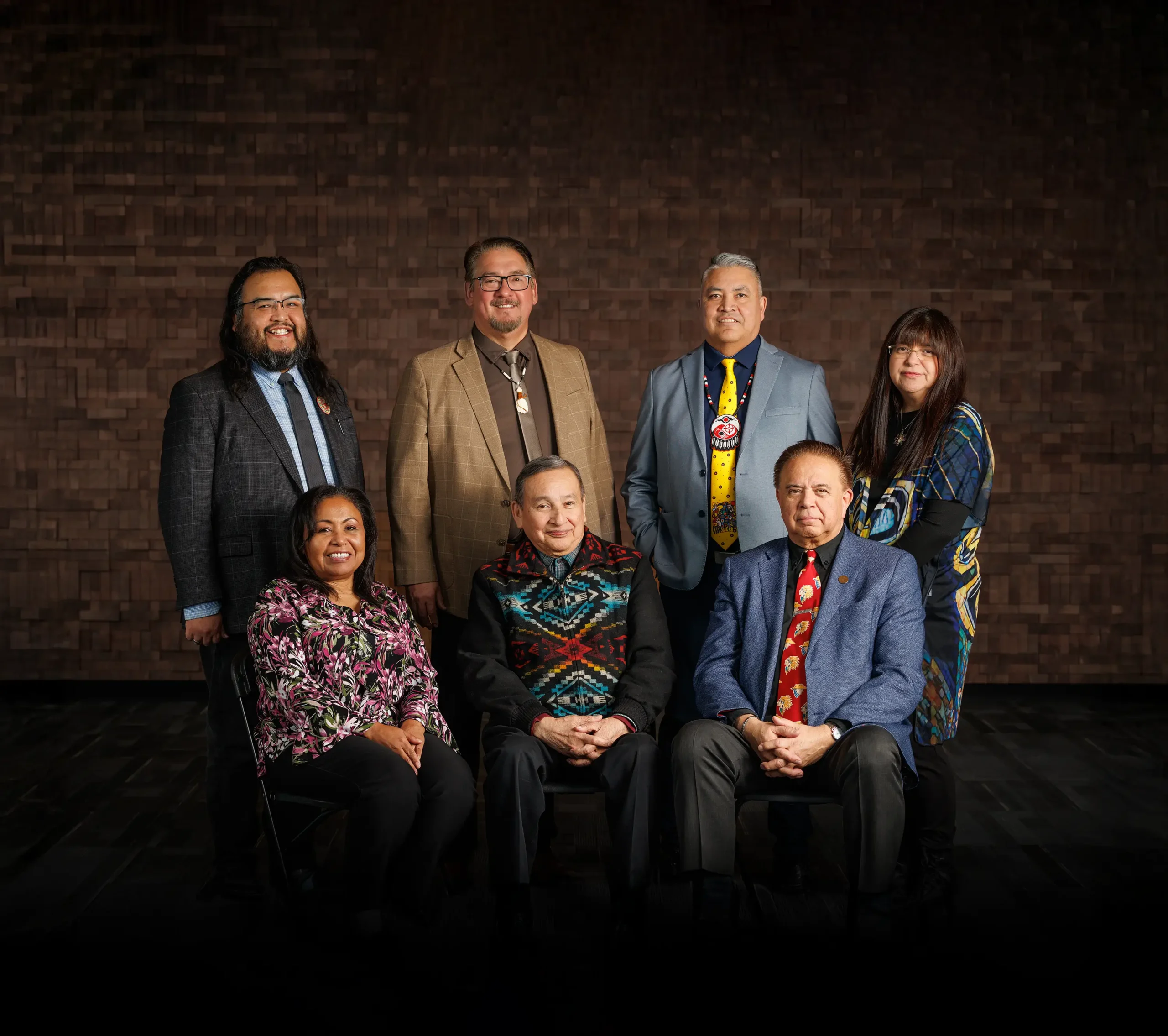Our Work
Since we began our work together as the First Nations Leadership Council, we have been mandated by First Nations leadership to advance the implementation of inherent Title and Rights, Treaty Rights, and many issues that have historically undermined First Nations in B.C.
Key Sectorial Areas
Climate Change Strategy and Action Plan
Amplifying First Nations’ voices as the first peoples and original caretakers of these lands.
First Nations are disproportionately affected by the climate emergency. The FNLC, as mandated by and in collaboration with First Nations in B.C., launched the B.C. First Nations Climate Change Strategy and Action Plan in April 2022.
The Strategy and Action Plan encourages First Nations communities from all regions of the province to put forward recommendations for climate action that align with First Nations’ values, worldviews, and priorities.
Children and Families
Leading the way in advocating for systemic change and exercising jurisdiction over our children and families, including over child and family services.
There are 204 First Nations communities across what is now called British Columbia, each with their own distinct laws, practices and histories. First Nations in B.C. have never surrendered our lands or territories and hold inherent rights and responsibilities in our respective lands. This includes the inherent right and responsibility to care for and raise our children.
In January 2020, the Act Respecting First Nations, Inuit and Métis Children, Youth and Families (also known as “Bill C-92”) came into force as federal law, recognizing and affirming the pre-existing, inherent right to jurisdiction and self-determination held by First Nations over child and family services, and establishing a series of national minimum standards that must be adhered to by all provincial and territorial governments. The FNLC has been working to support Nations as they resume jurisdiction.
United Nations Declaration on the Rights of Indigenous Peoples
Advancing Indigenous rights and self-determination as Canada implements the UN Declaration.
The FNLC has played a critical role in advancing the implementation of the United Nations Declaration on the Rights of Indigenous Peoples (UN Declaration). With Canada’s endorsing of the UN Declaration in 2016, the FNLC continues to push for full legislative alignment with the UN Declaration at the federal level, ensuring First Nations’ laws and our inherent and constitutionally protected Title and Rights are respected across all sectors, including land, resources, justice, and child welfare.
The FNLC also engages with federal initiatives, advocating for passage of the United Nations Declaration Act (UNDA), contributing to the UNDA Action Plan at the national level, and campaigning for systemic changes that recognize and uphold Indigenous governance, self-determination, and inherent rights.
Relevant Resolutions:
September 13, 2024
On 17th Anniversary of UN Declaration, FNLC Calls for Ongoing Implementation of Groundbreaking Legislation
June 17, 2021
FNLC Celebrates Passing of Bill C-15 in Canada’s Senate
British Columbia Declaration on the Rights of Indigenous Peoples Act
Making Indigenous peoples part of the decisions that affect them in British Columbia.
The FNLC has been instrumental in the development and passage of the Declaration on the Rights of Indigenous Peoples Act (Declaration Act) in 2019, making B.C. the first Canadian province to legally commit to aligning its laws with the UN Declaration. The Declaration Act creates a framework for reconciliation in B.C., in keeping with the Calls to Action of the Truth and Reconciliation Commission.
The FNLC continues to work to ensure meaningful implementation of the Declaration Act, including the co-development of the Declaration Act Action Plan (2022-2027), which outlines 89 concrete actions for legislative and policy reforms in collaboration with First Nations.
Partner Organizations
In addition to the work led by the FNLC directly, we work with a number of First Nations organizations and initiatives that align with our mandate, many which were established by First Nations through resolutions passed at assemblies of the B.C. Assembly of First Nations, First Nations Summit, and Union of B.C. Indian Chiefs.
British Columbia First Nations Forestry Council
(BCFNFC)
The BC First Nations Forestry Council is a non-profit organization which supports and provides services to First Nations in their efforts to increase their participation and leadership within British Columbia’s forest sector.
In September 2005, the FNLC convened a significant meeting in Prince George, B.C., bringing together over 100 First Nations representatives to address the Mountain Pine Beetle infestation and its impacts on their communities. This gathering led to the creation of the First Nations Mountain Pine Beetle Action Plan and the formation of a working group dedicated to its implementation. By 2006, this working group evolved into the BCFNFC, with a broader mandate to support First Nations in increasing their participation and leadership within British Columbia’s forest sector.
The FNLC and the BCFNFC signed a Declaration & Protocol of Recognition, Support, Cooperation and Coordination on September 21, 2012.
New Relationship Trust
(NRT)
The New Relationship Trust is an independent, non-profit corporation with the goal of providing sustainable capital and capacity-building support to First Nations communities in British Columbia. The NRT strengthens self-determination by investing in governance, education, language revitalization, economic development, and community programs, helping First Nations build a sustainable future.
B.C. Cabinet & First Nations Leadership Gathering
(FNLG)
The B.C. Cabinet & First Nations Leadership Gathering is an annual forum where First Nations leaders and the B.C. government discuss priorities, strengthen partnerships, and advance reconciliation.
The FNLC and province of B.C. founded FNLG in 2014 as a structured platform for direct engagement and dialogue between First Nations leaders and the government of British Columbia.
